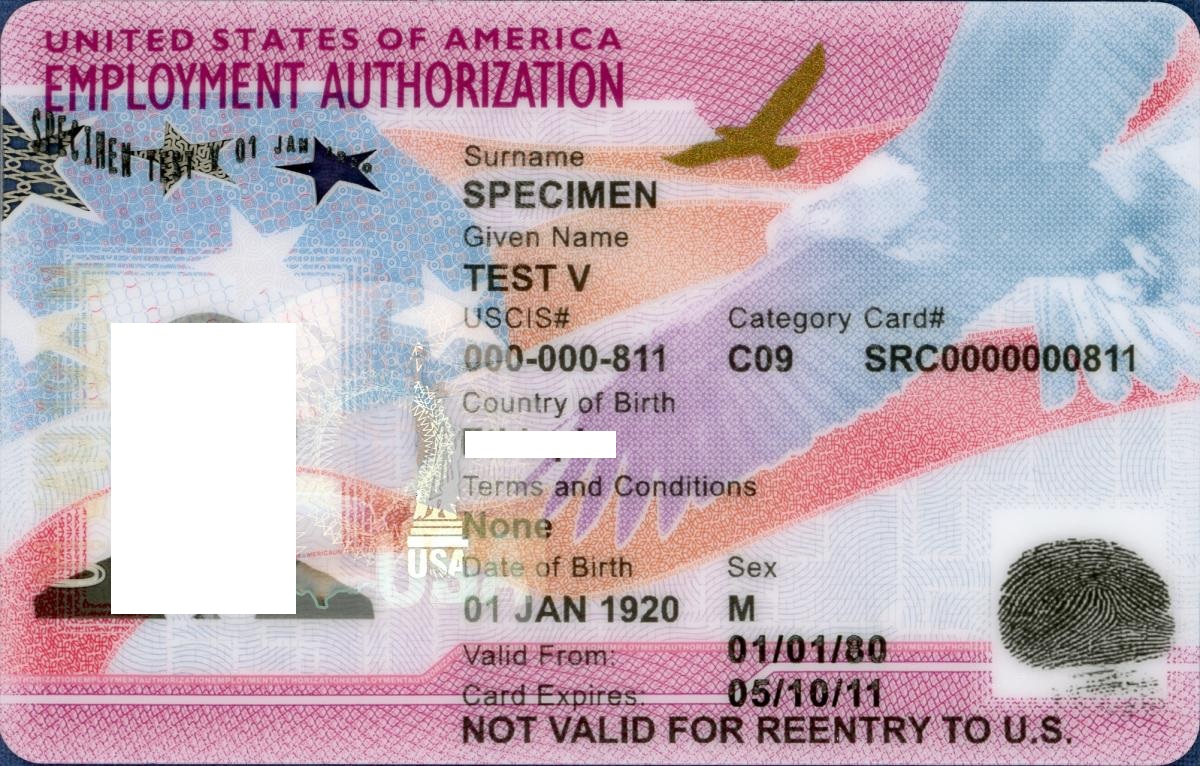
H-4 spouses, others allowed to use EAD approval notice instead of printed work permits.
Non-immigrant workers, including spouses of H-1B workers unable to take up new jobs or continue in old ones due to delays in getting printed work permits can relax a bit.
They can instead use the approval notice (Form I-797) for the Employment Authorization Document (Form I-765) as proof of employment eligibility if the approval notice was issued between Dec. 1, 2019 and Aug 20, 2020.
US Citizenship and Immigration Services (USCIS) announced the decision to allow employees to use their approval notices as Form I-9, Employment Eligibility Verification after covid-19 induced processing delays.
Due to the extraordinary and unprecedented covid-19 public health emergency, the production of certain EADs (Form I-766, EAD) is delayed, the agency said.
Even though the relevant Department of Homeland Security Notice states that the approval notice is not evidence of employment authorization, employees may present it as a list C document for Form I-9 compliance until Dec. 1, 2020.
However, the I-797 Notice of Action does not prove evidence of identity or serve as a List A document establishing both identity and Employment Authorization or a List B document establishing identity for Form I-9 purposes, USCIS said.
READ: Immigration Voice lobbying for automatic extension of H-1B, H-4 EAD for one year during COVID-19 crisis (March 25, 2020)
For Form I-9 completion, employees who present a Form I-797 Notice of Action for new employment must also present their employer with an acceptable List B document that establishes identity.
Current employees who require re-verification can present this Form I-797 Notice of Action as proof of employment authorization under List C, the agency said.
By Dec. 1, 2020, employers must reverify employees who presented this Form I-797 Notice of Action as a List C document.
These employees will need to present their employers with new evidence of employment authorization from either List A or List C.
USCIS said it was encouraging employers to accept new EADs presented by employees as soon as they receive them from USCIS prior to Dec. 1, 2020, to satisfy the re-verification requirement.
READ: Stranded Indian H-1B, H-4 visa holders sue US government (July 15, 2020)
However, it is the employees’ choice whether to present their new EADs, or a different document from either List A or List C.
Last month, the spouse of an Indian H-1B worker, who lost her job due to inordinate delay in getting her renewed EAD had sued USCIS for not sending approved printed work permits timely.
Filed in Ohio federal court, the lawsuit on behalf of Ranjitha Subramanya, claimed that USCIS is arbitrarily refusing to print work permit cards after approving them, leaving visa-holders unable to show their US employers that they are authorized to work in the US.
This delay in receiving their printed work permit cards is threatening the jobs of thousands of foreign workers with approval to work, the class action lawsuit alleged.
Subramanya, an Indian citizen working on an H-4 visa, reserved for spouses of H-1B holders, applied to extend her H-4 work permit in December, and USCIS approved the request in April.
However, she was forced to leave her job when she didn’t get her printed card by June, when her previous work permit expired.



